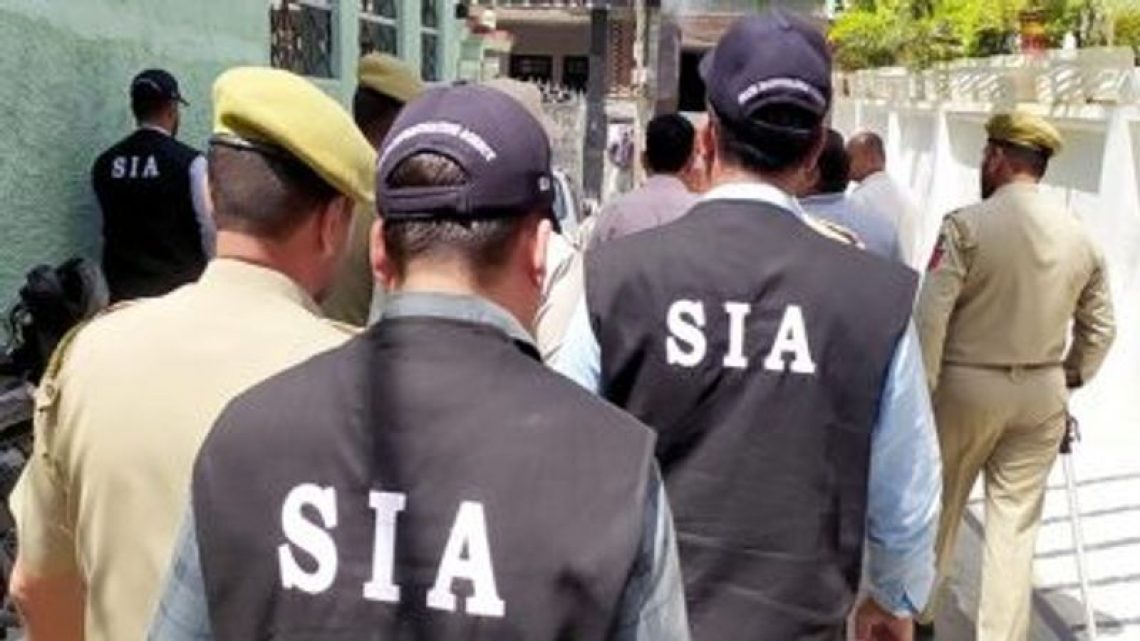
Indian SIA Attaches Property of Civilians in District Poonch in IIOJK
May 6, 2024 Off By Sharp MediaThe State Investigation Agency (SIA), under the control of New Delhi, has taken further action in Indian illegally occupied Jammu and Kashmir, attaching the property of two civilians in the Poonch district.
As reported, SIA personnel, accompanied by Indian police, served notices at the residences of Mohammad Arshad and Mohammad Liaqat in the Degwar, Terwan, and Khari Karmara areas. These notices summoned the individuals to appear before the court within a month.
The posters affixed to their homes, bearing the notice, were posted by SIA teams. The notice explicitly states that failure to comply with the summons within the stipulated 30-day period will result in legal proceedings being initiated against them.
This action by the SIA represents another instance of heightened surveillance and control exerted over civilians in the region. The move to attach property underscores the ongoing tensions and challenges faced by the local populace under the Indian administration.
The utilization of the SIA, a body directly controlled by New Delhi, further raises concerns about the erosion of local autonomy and the increasing centralization of power in the region. Such actions not only infringe upon the rights of individuals but also contribute to a climate of fear and intimidation among the civilian population.
This development comes amid a backdrop of continued repression and crackdowns on dissent in Indian-administered Jammu and Kashmir. The authorities’ heavy-handed approach, characterized by arbitrary arrests, property seizures, and the suppression of voices critical of government policies, has drawn widespread condemnation from human rights organizations and the international community.
The summons issued by the SIA underscores the precarious situation faced by civilians in the region, where the threat of legal repercussions looms large over those perceived as dissenters or opponents of the state. It also highlights the lack of transparency and accountability in the legal processes employed by the authorities.
As the residents of Poonch district grapple with the implications of this latest development, there is a growing sense of unease and uncertainty regarding their fundamental rights and freedoms. The attachment of property serves as a stark reminder of the pervasive climate of repression and control that continues to define life in Indian-administered Jammu and Kashmir.

